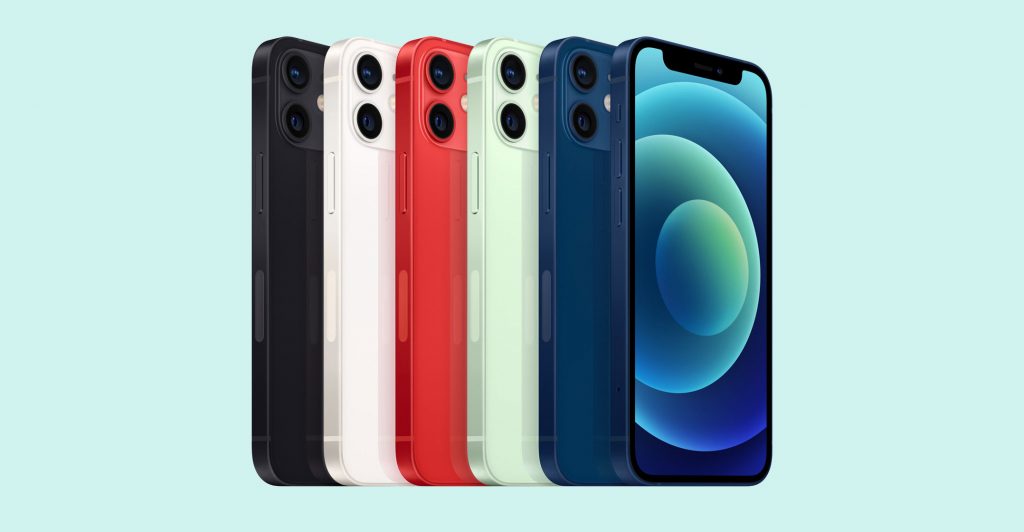The smartphone market in Nigeria is facing a significant slump, primarily due to economic difficulties and escalating prices.
As inflation climbs and disposable incomes shrink, many Nigerians are struggling to afford new smartphones. In response to the decreasing demand for smartphones, device financing is becoming an increasingly appealing option.
Canalys, a leading technology market analysis firm, reports that smartphone shipments to Nigeria increased by only 5% in the second quarter of 2024. This is a stark drop from the strong double-digit growth seen in previous quarters.
Ongoing economic challenges, such as high inflation, currency instability, and slow GDP growth, have drastically reduced the buying power of Nigerian consumers. This has compelled them to focus on essential goods and services rather than discretionary spending like smartphones.
“We import our phones, and higher dollar prices mean higher prices,” explained Ifeanyi Akubue, president of the Phone and Allied Product Dealers Association of Nigeria (PAPDAN).
As an innovative solution to offset the financial burden of smartphone purchases, a growing number of Nigerians are adopting device financing plans. These plans enable consumers to own their preferred smartphones by paying an initial deposit followed by the remaining balance over a set timeframe. This financing model has been introduced by e-commerce platforms, gadget outlets, and banks, and is slowly becoming a popular choice.
According to the GSMA, smartphone connections in Nigeria are expected to reach 154 million by 2025, a surge partly driven by these financing options. Although it is difficult to determine the exact number of current smartphone users in Nigeria, the signs point to a robust growth trend in the local smartphone market.
The increasing cost of living has diminished the spending capacity of many Nigerians, pushing the demand towards more affordable, entry-level smartphones. This market shift has been confirmed by Canalys, with vendors actively responding to the growing consumer demand for budget-friendly devices.
Manish Pravinkumar, a senior consultant for Middle East and Africa at Canalys, has emphasized the importance of device financing and local production as essential strategies to broaden smartphone accessibility
In sub-Saharan Africa, the financing of devices is becoming a crucial factor in increasing the accessibility of smartphones to the typical consumer. Over time, the key to lowering costs will be local production. With countries like Egypt leading the way, it is anticipated that other areas will also embrace this approach. To fully realize the potential of smartphone adoption throughout Africa, it will be necessary to address broader issues such as consumer payment willingness, digital literacy, high device taxation, and currency volatility,” he noted.
Nonetheless, the cost of smartphones remains a significant barrier to adoption in Nigeria and other African regions. Although the average price of smartphones has declined due to the introduction of sub-USD 100.00 devices by Chinese manufacturers and the increased popularity of KaiOS-enabled smart feature phones, many consumers still find the upfront cost prohibitive.
To address this issue, smartphone financing programs have been implemented, allowing consumers to distribute the cost of a smartphone over time. In Nigeria, various options such as Easybuy, CDCare, Jumia Flex, Slot Nigeria, and the Device Finance Scheme by Access Bank, as well as M-KOPA—which has financed millions of smartphones across African markets since 2020—offer plans that typically require a down payment with flexible terms for repayment.
Smartphone Slowdown
Despite a general downturn, Nigeria continues to be Africa’s largest smartphone market. However, its growth rate has lagged behind other African regions. North African countries like Algeria and Egypt have seen considerable expansion, whereas results in Sub-Saharan Africa have been more varied.
According to Canalys, rising living costs are pushing consumers toward more economical options, and smartphone vendors are responding by targeting this demand. “Vendors have capitalized on the cost benefits persisting into the first half of the year to boost sales, achieving a remarkable 42 percent growth in sub $100 devices, with 33 percent of shipments falling into this price range,” stated Pravinkumar in the firm’s Q2 report.
Transsion, the leading company in Nigeria’s smartphone market with its brands Tecno, Infinix, and Itel, has seen its growth slow down due to a contraction in the overall market. Despite maintaining a significant 51% market share, its growth rate has decreased to just 1%. This downturn mirrors the wider difficulties facing the Nigerian smartphone sector.
Samsung, previously a key competitor in the market, has experienced a 25% drop in shipments. The company’s emphasis on premium models has rendered it less competitive in the present market, where there is an increasing demand for more economical options.
Conversely, Xiaomi has experienced robust growth, with a 45% increase in shipments and achieving a record-high 12% market share in the region during Q2. Xiaomi’s vigorous sales strategies, local investments, and a strong focus on Nigeria and Egypt have driven its success.
Other manufacturers like Realme and OPPO have also seen notable growth, attributed to their competitive pricing and devices rich in features. Despite the increase in smartphone adoption, feature phones continue to hold a substantial 52% share of the market.
Source: https://www.techinafrica.com/device-financing-becomes-essential-as-nigerians-cut-back-on-smartphone-purchases-amid-economic-challenges/

